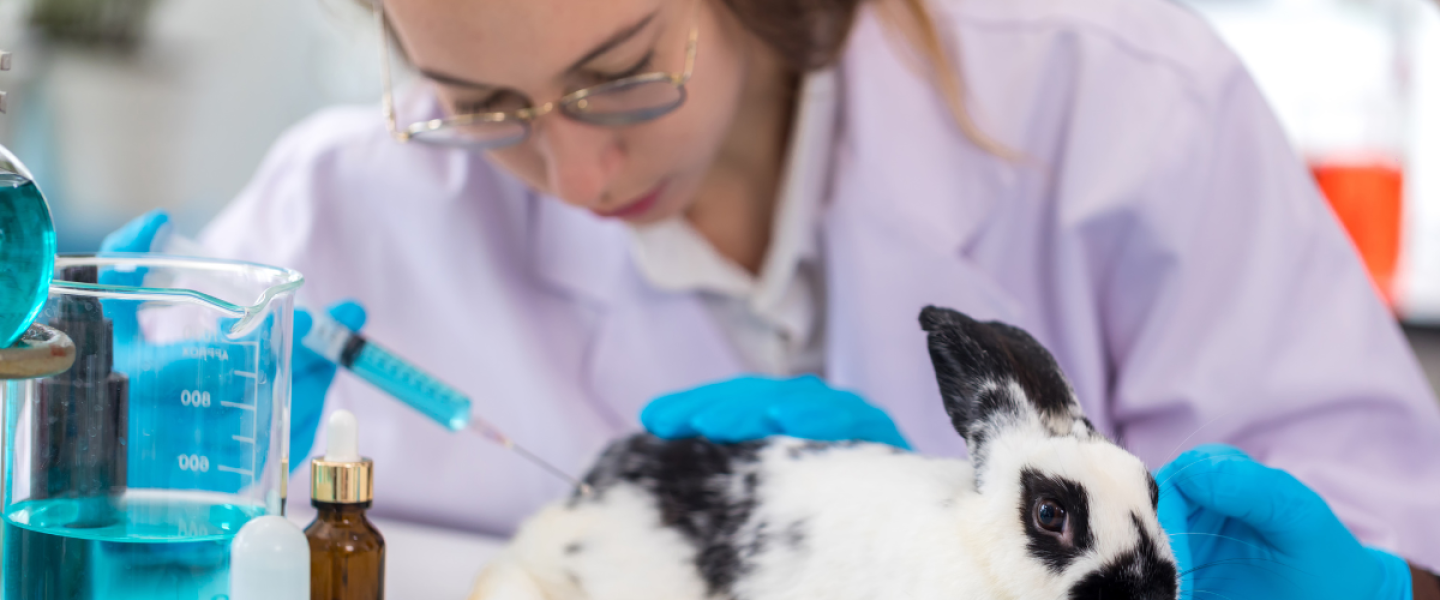
Can AI reduce animal testing – and what about bias?
AI is often put forward as a solution to many of today's problems. It can be applied to almost all fields of science. So here we ask the question: Can AI also help to reduce the need for animal testing?
A team of UvA researchers from the research theme Responsible Digital Transformations is looking at this question from the perspective of medicine, technology, sociology and humanities.
The researchers are looking into a type of stroke that is one of the leading causes of death worldwide. Making new medical treatments for this is a slow process that involves animal experiments to test the treatment and measure its safety. This can be improved using AI.
'Based on computational models, we could identify specific treatments that would work for certain populations. With such models, we could then suggest which treatments would most likely succeed in animal testing or clinical trials.’
With AI, researchers can simulate the stroke and the treatment on the computer. They can learn about which treatment would be best for what kind of patient. For example: Which stroke treatment would be best for a 70-year-old diabetic woman?
Although it can't completely replace animal testing, this prescreening of treatments could reduce the need for it and speed up the drug development process!